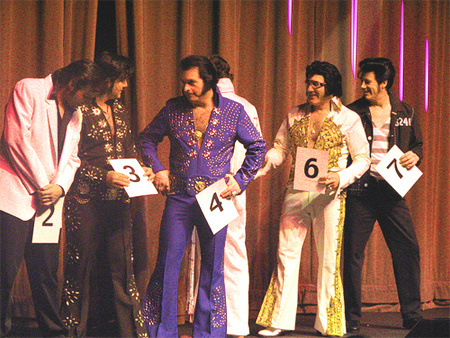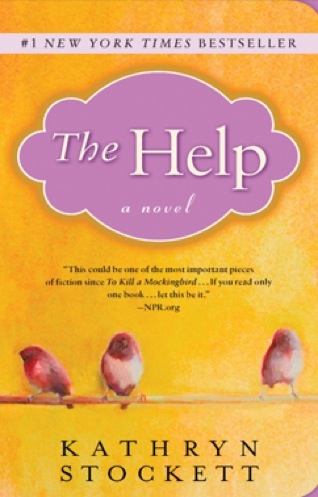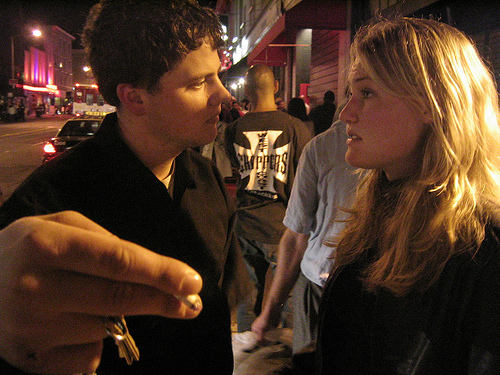The original version of this article first appeared in my column “Brain Hacks for Writers” over at the online publication Futurismic. I’m editing and republishing each of my BHfW columns here over time.
Writing professionally, or even just aspiring to write professionally, requires a weird combination of hubris and humility. You have to be willing to believe, at least for the 15 minutes it takes to put together and send out your submission, that the stuff you make up and write down is so fascinating that thousands or tens of thousands of people would pay good money to read it. The Hollywood Bowl has a seating capacity of about 18,000, but even a modestly successful midlist novelist or someone who sells a story to The Magazine of Fantasy and Science Fiction reaches more people than that. Who the hell do we think we are?
At the same time, we have to embrace humility if we’re not going to drive ourselves nuts. Actors and salespeople are among the few who compete with writers in the “getting rejected” department–and even those professions don’t spend two years on a project, send it out, wait eighteen months, and receive in return a form letter saying “No thank you; good luck elsewhere.”
Impostor syndrome
So is it any wonder that writers are often susceptible to Impostor Syndrome? If you’re not familiar with Impostor Syndrome, you might be interested in the article “Impostor Syndrome” on this site, but short version is that it’s when you see your successes and you think they must be due to someone making a mistake. Any time you sell a story, get a bite from an agent, or receive a positive review, it seems like a fluke. Obviously these people don’t understand that I’m really a big faker, you might think, or if I wrote something good, it was just blind luck and will never happen again.
Many many writers I know struggle with impostor syndrome. From a certain perspective, it makes sense: if you spend years and years looking up to people who are getting regularly published in certain magazines or whose novels are making it into the hands of thousands of satisfied readers, and if during this time you get a constant barrage of polite but generally impersonal messages that say “No, this thing that you poured your heart and every ounce of skill you have into really isn’t any good,” then you’d have a pretty inflated view of yourself to not ask yourself if the sale you finally get isn’t some kind of anomaly. (No disrespect intended to those who, like me, lean more to the hubris side than the humility one.) Maybe the editor who bought your story was drunk when she read it. Maybe your new agent is confusing you with another writer who’s actually good.
Misdirected expectations
It can get even worse when you have a little success: maybe you sell a story or get an honorable mention in a major contest. What happens if the next story you send out fails miserably? It just reinforces the idea that the first success was a fluke–even though any decent statistician with access to writers’ track records would predict a few failures with a high degree of confidence, even for writers who overall became very successful.
It doesn’t help that we writers are not particularly good judges of our own work. (See “Your Opinion and Twenty-Five Cents: Judging Your Own Writing”). We may think a particular piece we’ve done is the best thing ever written, or may think it’s utter trash, and in either case we can be right on the nose, tragically wrong, or even both.
Thinking your way out
So how do you stop feeling like a faker? Well, there’s thought and there’s action.
In the thought department, we’re better off when we avoid telling ourselves things that are either false or questionable and instead stick to things we know are true. For instance, instead of thinking “I know this story is going to be rejected,” we can substitute the thought “This story might sell or it might not. If it doesn’t, I’ll send it somewhere else.” That process, called “cognitive restructuring” (or my preferred term, “idea repair”), may seem elementary, but it’s surprisingly effective, as research and clinical results have shown. If you’re interested in idea repair, which is useful for far more than just addressing Impostor Syndrome, you can find articles, books, and other resources on the topic here.
Where does confidence come from?
On the action side of things, one of the most productive things to do is more. Write more, send more out, and get more used to the rejections–and the acceptances. I was at my son’s high school yesterday for a parent presentation, and I was powerfully impressed to see what complete confidence and self-possession every one of his teachers showed when presenting to groups of parents. How can they be so confident? I asked myself.
The answer to where the confidence came from was quickly obvious to me: these are teachers who enjoy their jobs, and they stand up and talk like this for most of every workday. They have get in more public speaking in the typical week than many people will do in their lifetimes. Effective practice makes you better and better at what you’re doing, and it also quells concerns about whether you have any right to do it. I’ve written about 15,000 words of fiction in the past week. I know from critique responses (we sometimes get very rapid turnaround on critique in my writer’s group) that at least some of those words worked well for a good sampling of readers, but I have no way of knowing if the stories I’ve put together will sell or just become more rejection magnets. However, having written all that, and especially doing that and then sending the work out, I know that I’m a writer. Whether or not editors buy what I write is up to them and out of my direct control. All I can do is keep plugging away, always working on something new, concerning myself not with whether people accept what I’ve written but with how well I’m doing the job of churning out words worth reading.
The thing is, regardless of how successful your writing is now or ever, if you bust your hump putting out new works, and if you push the envelope to try to make yourself better at what you do, then you’re a writer–and you might as well be proud of it.
Photo by V’ron



 Kathryn Stockett, author of The Help, has become my new favorite example of the power of persistence. She certainly hasn’t made me forget about Jo Rowling, whose first Harry Potter book was rejected by 12 publishers before finding a home at Bloomsbury, but Rowling got representation from the second agent she tried, while Stockett reportedly got at least 45 rejections for The Help before even finding an agent (see
Kathryn Stockett, author of The Help, has become my new favorite example of the power of persistence. She certainly hasn’t made me forget about Jo Rowling, whose first Harry Potter book was rejected by 12 publishers before finding a home at Bloomsbury, but Rowling got representation from the second agent she tried, while Stockett reportedly got at least 45 rejections for The Help before even finding an agent (see 







